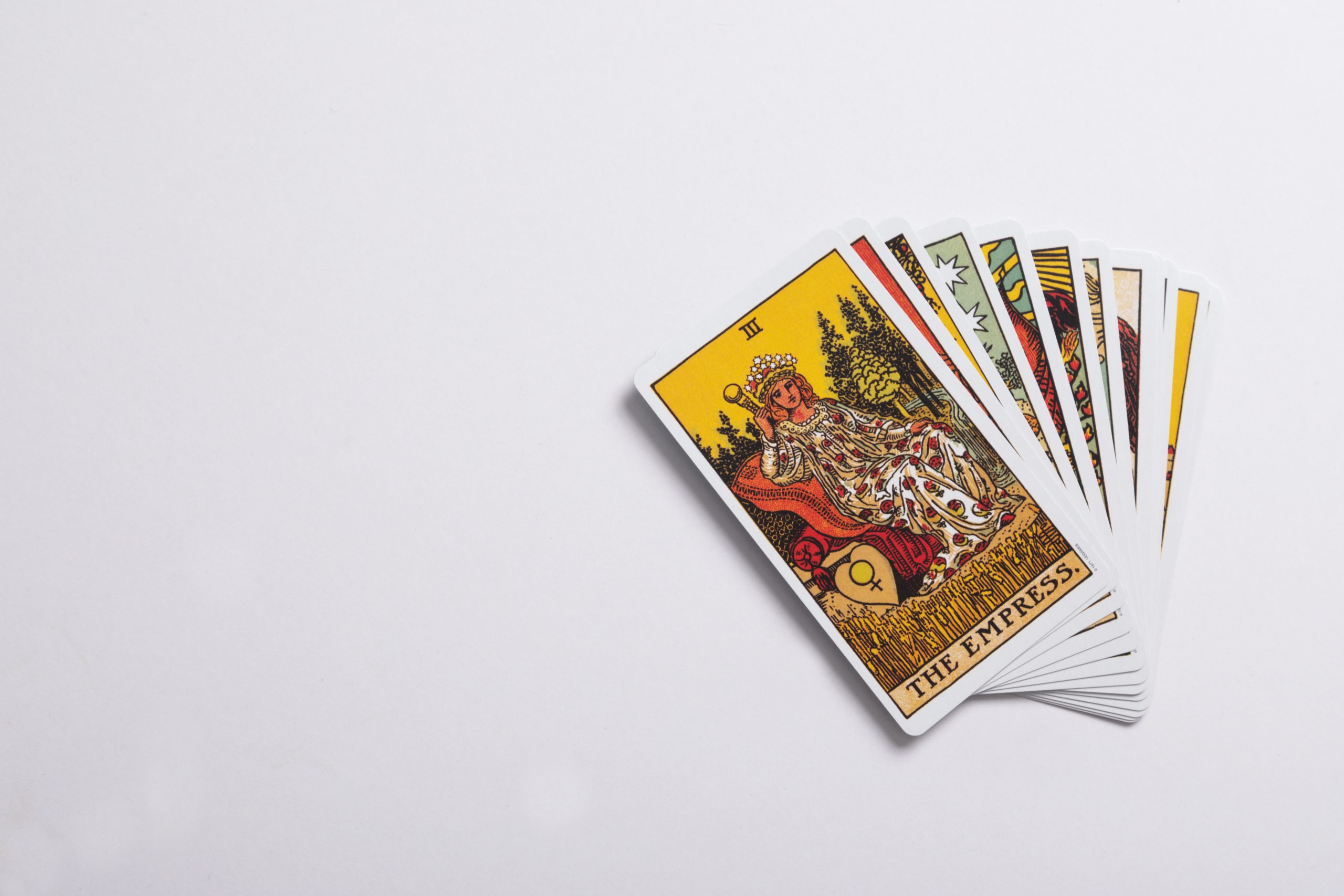Main Lines in Palmistry: A Comprehensive Guide
Palmistry, also known as chiromancy, is the ancient practice of predicting a person’s life and character traits by studying the lines and markings on their palms. These lines are believed to hold valuable insights into an individual’s past, present, and future. While palmistry is considered an art form rather than a science, it has been practiced and revered for centuries in various cultures around the world.
In this detailed guide, we will explore the main lines in palmistry and their significance. By understanding these lines and their nuances, you’ll gain a deeper appreciation for the intricate art of palmistry and potentially unlock hidden insights about yourself or others.
The Life Line
The Life Line, running from the edge of the palm above the thumb down towards the wrist, is perhaps the most well-known and analyzed line in palmistry. Contrary to popular belief, this line does not represent lifespan, but rather vitality, energy levels, and overall health. A long, well-defined Life Line often indicates a robust constitution, while a short and faint line may suggest low energy levels or health issues.
The Life Line can also reveal significant events or changes in a person’s life. Interruptions or breaks in the line may indicate periods of illness, injury, or major life transitions. Additionally, the line’s depth, shape, and texture can provide further insights into an individual’s physical and emotional well-being.
The Head Line
The Head Line, located just below the heart line and running horizontally across the palm, represents a person’s intellectual capabilities, learning style, and approach to problem-solving. This line is associated with logical thinking, communication skills, and the pursuit of knowledge.
A deep, straight Head Line suggests a methodical and analytical mind, while a curved or wavy line may indicate a creative and imaginative nature. The length of the line can also indicate the breadth of one’s intellectual pursuits, with a longer line suggesting a wider range of interests and knowledge.
Furthermore, breaks, forks, or islands on the Head Line may signify periods of mental challenges or indecisiveness. Analyzing the shape, length, and other features of the Head Line can help palmists understand an individual’s cognitive strengths and weaknesses.
The Heart Line
The Heart Line, located near the top of the palm and curving down towards the little finger, is associated with emotions, relationships, and matters of the heart. It reflects a person’s emotional well-being, romantic inclinations, and capacity for empathy.
A long and well-defined Heart Line generally signifies a warm and affectionate nature, while a shorter line might indicate a more reserved or independent personality. The depth and consistency of the line can provide further insights into an individual’s emotional stability and the way they express their feelings.
The Heart Line can also reveal information about one’s romantic relationships. Various markings or branches on the line might indicate significant events, such as love affairs, marriage, or heartbreak. By studying the Heart Line, palmists can gain valuable insights into a person’s emotional landscape and their approach to intimate connections.
The Fate Line
The Fate Line, also known as the Career Line, runs vertically from the base of the palm up towards the middle finger. It represents a person’s professional achievements, career path, and material success.
A deep and unbroken Fate Line often indicates a clear sense of purpose and ambition, while a faint or fragmented line may suggest a less defined career trajectory. Certain features on the line, such as forks or breaks, can signpost significant shifts or obstacles in one’s professional journey.
Interestingly, not everyone possesses a prominent Fate Line. Its absence does not necessarily indicate a lack of success or purpose. Rather, it suggests that the individual may have a more fluid or unconventional approach to their career.
Other Significant Lines
In addition to the main lines, there are several other lines that palmists often consider when analyzing a person’s palm.
The Sun Line, also known as the Apollo Line, is located vertically between the base of the ring finger and the heart line. It signifies creativity, artistic inclinations, and potential fame or recognition in a person’s life.
The Health Line, also called the Mercury Line, starts at the base of the palm and curves up towards the little finger. This line provides insights into an individual’s overall health, including acute or chronic conditions.
The Marriage Line, found below the little finger, can offer information about significant relationships, marriage, and partnership. The length, depth, and intersections of this line can provide details about the timing and nature of one’s romantic commitments.
Conclusion
Palmistry, though often approached with skepticism, has captivated minds for centuries. The main lines in palmistry, including the Life Line, Head Line, Heart Line, and Fate Line, offer valuable insights into diverse aspects of a person’s life. By studying these lines and interpreting their various features, palmists embark on a journey to unlock the mysteries held within the human hand.
While palmistry is not a definitive science, it encourages introspection and may provide individuals with a fresh perspective on their lives. Whether you embrace palmistry as a form of divination or simply find it intriguing, the ancient art remains a fascinating subject that continues to spark curiosity around the world.
Table of Contents
